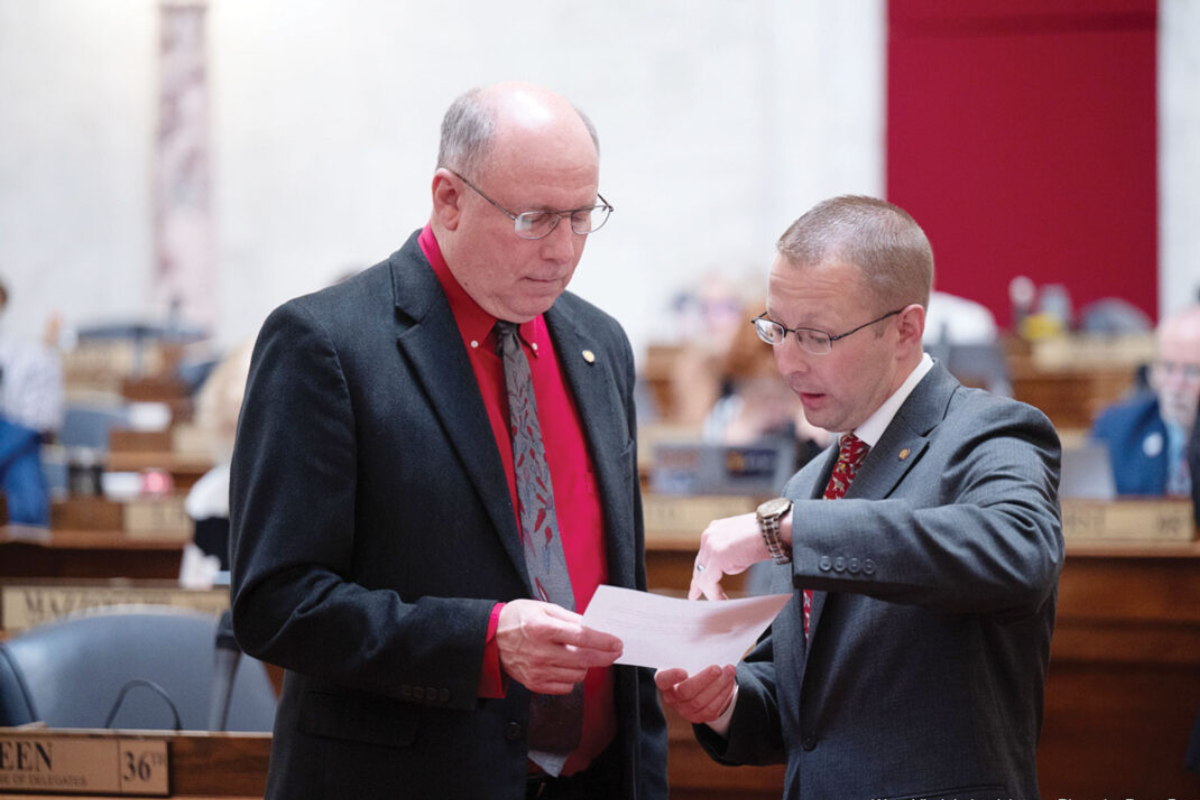CHARLESTON, W.Va. — A former West Virginia State Police trooper turned lawmaker believes his proposed bill could improve the placement of foster children, ensuring they are not housed in unsuitable temporary accommodations like hotels.
House Bill 3382: Aiming to Reform Foster Care Placements
The House Health and Human Resources Committee convened on Thursday to discuss House Bill 3382, which aims to reform foster care placements by establishing a central reception center (CRC) and a network of emergency resource homes (ERHs). The bill will undergo further discussion and revisions at a later date.
Providing Stability Through a Central Reception Center
Del. Jonathan Pinson, R-Mason, the bill’s lead sponsor, emphasized the need for a structured system to support vulnerable children in state custody.
“West Virginia has a growing number of children entering foster care, yet fewer families willing to foster,” Pinson said. “These intake centers would provide a welcoming, supportive environment for children facing trauma and upheaval.”
The CRC would serve as a short-term facility where children receive supervision, assessment, and support services while awaiting placement in foster homes. The bill mandates at least one 24/7 facility operating year-round, ensuring children are placed in appropriate homes within 72 hours. The center would provide behavioral stabilization, medical and therapeutic support, and educational continuity.
Emergency Resource Homes to Address Placement Gaps
Additionally, the bill proposes the ERH program, creating specially designated foster homes for emergency overnight care of children who have not yet secured a permanent foster placement. The Department of Human Services (DoHS) would oversee ERH recruitment, licensure, and training, offering financial incentives and crisis intervention support for participating families.
As of Feb. 28, DoHS reported 5,897 children in state custody. While 37% are in kinship care and 30% in therapeutic foster homes, 3% (156 children) remain in agency emergency shelters, and 8% (448 children) are in group residential care awaiting placement. Some children have been temporarily housed in hotels, field offices, and even 4-H camps due to placement shortages.
Addressing Concerns and Opposition
Citing recent incidents—including a foster child’s suicide attempt in a hotel—Pinson underscored the urgency of reform. “We must ensure these children receive proper care, rather than being stored in hotels while the state decides their future,” he said.
However, Lorie Bragg, interim commissioner of the Bureau for Social Services, argued that HB 3382 fails to address the root causes of placement issues.
“This bill is a Band-Aid,” Bragg testified. “The children placed in hotels are often those with severe challenges—autism, intellectual disabilities, or self-harming behaviors—whom foster families are reluctant to take in.”
Legislators questioned Bragg on DoHS’s handling of foster placements, particularly given reports that the state spent over $2.1 million on temporary housing for foster children between January and October 2023.
Next Steps and Funding Challenges
Pinson countered that while long-term placement solutions remain critical, HB 3382 focuses on an immediate fix: “This legislation is about getting kids out of hotel rooms and into safe, structured environments.”
The bill, which lacks a fiscal note from DoHS, has been referred to the House Finance Committee. Potential funding sources include state general revenue, federal child welfare grants, private partnerships, and community collaborations.
“During this critical time in a child’s life, we need to surround them with love and support,” Pinson said. “This bill is a step in the right direction.”










